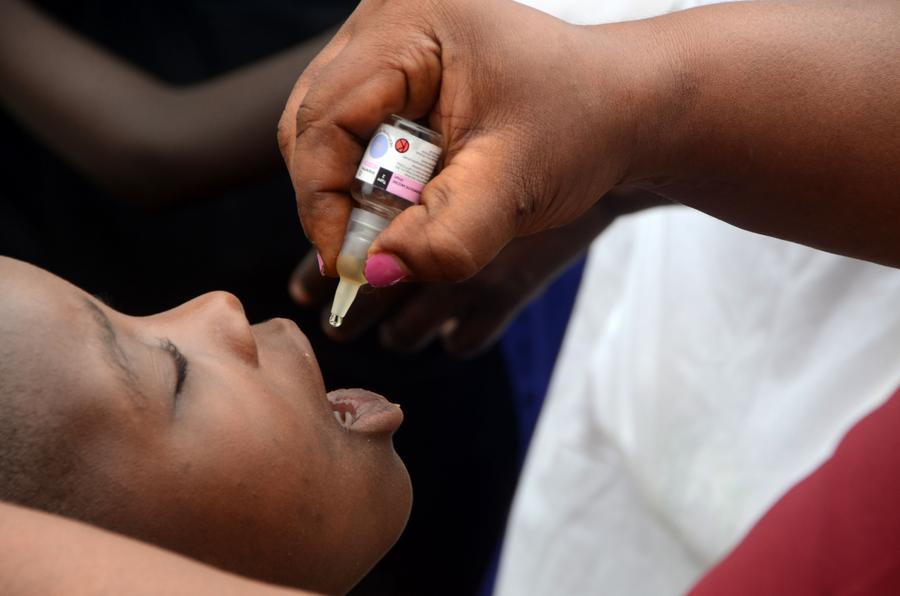Kampala, July 17, 2025 Uganda’s Ministry of Health plans to launch a nationwide newborn Hepatitis B vaccination drive this August, using 200,000 donated doses to kick‑start routine birth‑dose immunization and close a critical gap in preventing early-life infection. Program coordinator Rose Akuno said the campaign’s central message is simple and urgent: every child, whether delivered in a health facility or born at home, should receive the Hepatitis B vaccine within the first 24 hours of life. Early protection is essential because infants infected at birth face a high risk of developing chronic Hepatitis B, which can later progress to cirrhosis or liver cancer.
Uganda carries a heavy Hepatitis B burden. Ministry data indicate about 2.7 million adults and 230,000 children are currently infected roughly 6 percent of the national population. Despite previous mass adult vaccination efforts in high‑burden regions, newborn coverage has lagged, leaving a pathway for new infections. The upcoming campaign seeks to change that by integrating the birth dose into maternal and neonatal care pathways across hospitals, health centers, and community outreach networks.
Logistics planning is under way as the 200,000 doses donated through Gavi, the Vaccine Alliance are expected in country later this month or early next month. Health officials are working with district teams, midwives, traditional birth attendants, and community health volunteers to ensure that babies born outside formal facilities are tracked and offered vaccination promptly. Messaging will emphasize that mothers and caregivers must insist on the shot within 24 hours, even if the child appears healthy.
Funding remains a serious constraint: only about 3 million U.S. dollars is currently allocated to Uganda’s broader Hepatitis B program. Officials hope the birth‑dose push will help demonstrate the cost‑effectiveness of early prevention and attract additional support from partners. The stakes are high. In 2022, an estimated 1,250 Ugandans died from Hepatitis B–related illness, underscoring the disease’s long‑term toll on families and the health system.
Hepatitis B spreads through contact with infected blood or other body fluids, and perinatal transmission is a major driver of chronic infection in high‑burden settings. By moving swiftly to protect newborns, Uganda is taking a strategic step toward bending the curve of new infections and giving the next generation a healthier start.

